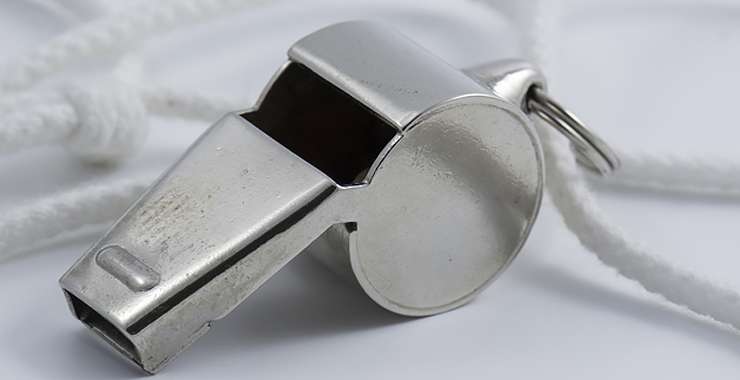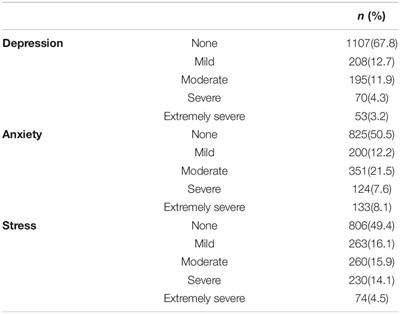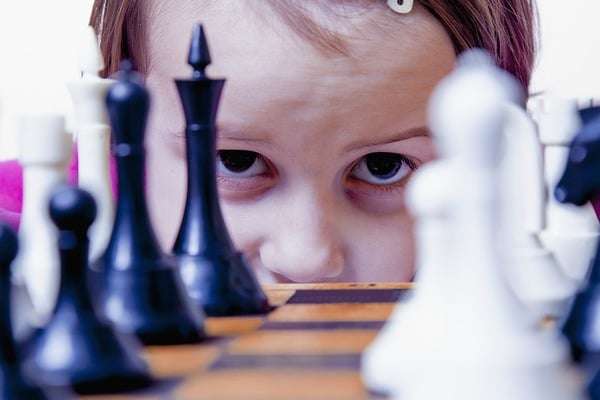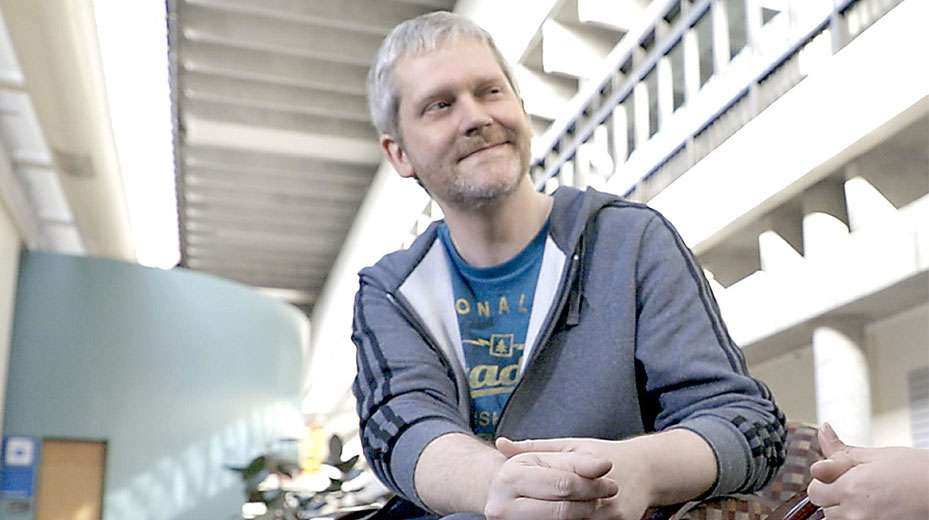The field of sports psychology continues to grow. More professional teams and athletes are seeking psychological guidance to improve their performance. You can find sports psychology careers outside organized sports too. The U.S. Army is the largest employer of sports and performance psychologists.
This guide explores how to become a sports psychologist, types of sports psychology careers, and typical sports psychology salary ranges.
What Is Sports Psychology?
Sports psychologists help athletes improve their performance. In most sports psychology careers, you work with athletes on motivation, stress management, visualization, effective teamwork, and other psychological factors in athletic performance.
You might use findings from different aspects of psychology, such as cognition (how people think and make decisions), interpersonal relationships, and behavioral psychology, to help teams and athletes excel.
Sports Psychology Salaries
The U.S. Bureau of Labor Statistics (BLS) doesn’t track sports psychology salary data specifically, but combines it with all psychologist salary data. Sports psychology salaries vary a lot, with lead psychologists for the best teams earning in the top 10%.
Psychologists Lowest 10% Median Annual Salary Highest 10% Projected Growth Rate (2020-2030) $46,270 $82,180 $137,590 8% Source: BLS
Online Psychology Programs
How Do I Become a Sports Psychologist?
To become a licensed clinical sports psychologist, most states require you to earn a doctorate in psychology. Then, you must practice for two years under a licensed psychologist and pass a qualifying exam.
While you can practice sports psychology without a license, most employers require one.
Education for Sports Psychologists
You need a sports psychology degree as an undergraduate or graduate student. Most graduate schools admit students either with a sports psychology undergraduate degree or a general psychology degree with courses or independent study in sports psychology.
Some master’s programs require Graduate Record Examinations (GRE) scores, while others do not. Some waive the GRE requirement for students with a GPA above a certain level.
A master’s degree typically takes three years to complete. A doctorate takes an additional three years at minimum, plus time spent meeting internship requirements.
You can earn either a doctor of philosophy (Ph.D.) in psychology or a doctor of psychology (Psy.D.) for your doctorate. A Ph.D. focuses on research and prepares you for sports psychology careers in academia. A Psy.D. prepares you for sports psychology jobs that emphasize practice. Your final year includes an internship and doctoral thesis.
If you are interested in sports psychology careers but not in earning a doctorate or becoming a clinical sports psychologist, there are other options. For example, you can still earn an undergraduate or master’s degree in sports psychology and become a counseling sports psychologist, sports administrator, or related occupation.
Licensure for Sports Psychologists
Sports psychologists are either clinical psychologists or educational psychologists. Clinical psychologists must be licensed in every state, while educational psychologists do not always need to be licensed. Be sure to research the requirements for the state where you want to practice.
Each state has its own requirements for licensed sports psychology jobs. The Association of State and Provincial Psychology Boards provides each state’s requirements and a directory of state boards.
Almost all states require a doctorate and at least two years of supervised practice. Most require passing a test on that state’s practice laws.
While many psychologists and psychology associations advocate for license reciprocity with the rise in teletherapy, few states offer it. However, many states accept board certification in various psychology disciplines as licensure by endorsement.
To maintain your license, you must engage in continuing professional education. You can attend classes or conferences. You can also read selected professional literature and pass a test.
Board Certification for Sports Psychologists
The American Board of Sport Psychology (ABSP) offers board certification. While certification is not required for a state license, many employers prefer or require it. For private practice, it is a valuable endorsement of your skills and knowledge.
ABSP certification is more hands-on than other psychology certifications. It is a thorough preparation on how to become a sports psychologist.
The ABSP describes this preparation as equivalent to a graduate-level degree. An assigned mentor guides you through a training program, practicum, and final project.
The training program covers:
- Physical factors, such as brain and heart functioning
- Athlete monitoring and assessment, including specific sports psychology tests
- Mental factors and training, such as hypnotism and visualization
- How athletes learn physical skills and other neuropsychology topics
- Psychophysiology and biofeedback
- Ethics in sports psychology
- Effective interventions for performance or individual challenges, such as substance use
PreProfessional Experience for Sports Psychologists
Master’s programs in psychology require fieldwork, and most doctoral psychology programs include a one-year internship in the final year of coursework.
Psychology internships are much more intensive than fieldwork. You work and study under a licensed psychologist’s supervision. During the internship, you develop an increasing level of independence and work directly with clients.
Before you can practice independently, most states also require two years of supervised practice under a licensed psychologist. Like with your internship, you work independently during these two years under a licensed psychologist’s supervision.
This experience prepares you to practice independently as a sports psychologist by helping you apply your knowledge and develop your skills with clients.
Frequently Asked Questions About Sports Psychologists
What are the different kinds of sports psychologists?
Clinical sports psychologists are licensed psychologists who diagnose and treat psychological conditions. Educational sports psychologists are not necessarily licensed psychologists and act more like advisors.
Can sports psychologists prescribe medications?
No, sports psychologists cannot prescribe medications. In some states, licensed clinical psychologists can prescribe certain medications.
How does a sports psychologist help athletes?
Sports psychologists help athletes overcome performance difficulties, manage stress, and improve their performance. They may also help sports teams work together.
Is sports psychology a good job?
If you love sports and helping athletes and teams improve, sports psychology careers can be rewarding. However, you must earn a doctorate to become a clinical sports psychologist, which takes time and money.
What Does a Sports Psychologist Do?
Sports psychology jobs usually involve working with schools, athletes, and sports teams. You can help athletes with:
- Assessing performance and determining which tools can help
- Addressing psychological issues, such as performance anxiety, substance use, or imposter syndrome
- Using different psychological techniques to improve performance
- Providing personal psychological advice
- Using mind-body techniques, such as biofeedback, mindfulness, and visualization
- Counseling athletes on work-life issues and helping them prepare for when their athletic career ends
Sports psychologists also work closely with coaches, trainers, physical therapists, and physicians. You can help a team and individual athletes with psychological ways to improve team performance. You may also help athletes overcome personal conflicts or issues.
Skills and Competencies
Sports psychology career skills include:
- Assessing athletic performance and how psychological tools can improve performance
- Identifying and treating psychological issues, such as performance anxiety
- Using technology or advising athletes and coaches on technology, such as biofeedback methods
- Helping athletes identify and address psychological barriers to their peak performance
- Identifying individual and team dynamics and using those insights to help athletes work as part of a team
- Helping athletes resolve conflicts with team members, including coaches, administration, family, and other players
- Maintaining confidentiality
- Helping injured athletes maintain motivation and optimism, while being realistic about the potential career impact of serious injuries
- Helping professional athletes transition to retirement
A sports psychology career is a great way to work in the world of sports, especially if you enjoy being part of the close-knit nature of sports teams.
Sports Psychology Resources and Professional Organizations

7 Things Sports Psychologists Can Do
Today, a sports psychologists can do several things to help athletes with sports and performance. A sports psychologist role is more accepted today as a part of the regular coaching staff for teams and for individual athletes–than 10 years ago. A sports psychologists can do are numerous, but they primarily teach athletes mental game skills to improve their performance and learning.
What Do Sports Psychologist Do?
The areas sports psychologists teach vary from one person to another depending on their experience and qualifications. Below are the top roles of an applied sports psychologist, a mental game coaching who helps athletes improve performance via mental training…
(1) Help Athletes Cope with Performance Fears
Sports psychologist can help athletes overcome fears, such as fear of failure, fear of embarrassment, and general performance anxiety. This is common among athletes who are perfectionists or highly dedicated athletes that worry too much about what other people think about their performance.
(2) Help Athletes Improve Mental Skills for Performance
The most common role for a sports psychologist is to teach mental skills for enhanced performance. A mental game expert can help you improve confidence, focus, composure, intensity, and trust in athletic performance. These mental skills help athletes improve performance and can help in other areas of an athlete’s life.
(3) Help Athlete Mentally Prepare for Competition
Another common role of a sports psychologist is to help athletes mentally prepare for competition and practice. This includes many of the mental skills mentioned above, but applied to specific situations on the athletic field.
(4) Help Athletes Return After Injury
Returning to play after an injury can sometimes be difficult for many athletes depending on the nature of the injury. Athletes are often left with “mental scars” long after an injury is physically healed. A sports psychologist can help injured athletes cope better with the pressures associated with returning to a prior level of performance–pre-injury.
(5) Help Athlete Develop Pregame Routine
As part of mental preparation, the role of a sports psychologist includes helping athletes develop mental skills used during pregame or prerace routines. Athletes learn how to focus on the process instead of results and be more proactive with their confidence prior to competition.
(6) Help Athletes Develop Preshot Routines
Preshot routines are another common role of a sports psychologist. Here, athletes learn how to use mental skills to prepare for a specific motor skill, such as a golf shot, free throw, or field goal kick.
(7) Help Athletes Improve Practice Efficiency
Another common role of a sports psychologist is to help athletes improve the quality or efficiency of their practice. Many athletes, such as collegiate athletes, have limited practice time. Coaches want to help these athletes get the most out of their practice time by understanding principles of motor learning and performance.




